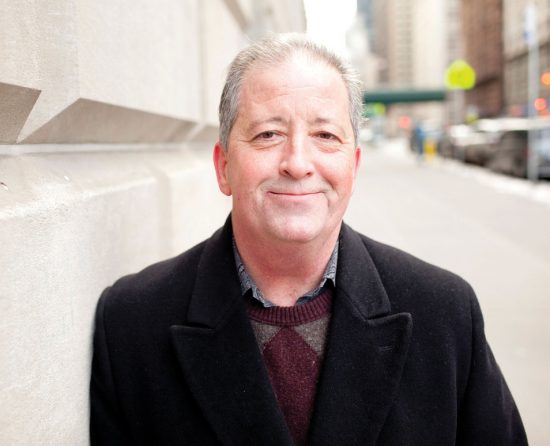
Bass Player: Kermit Driscoll
Driscoll was born in Kearney, Nebraska. He began playing piano at age five. Soon after, he added saxophone, and at age thirteen he picked up the bass guitar. Almost immediately he was playing gigs around the midwest. When an offer to travel with a rock band came up, he dropped out of high school at age sixteen to go on tour.
He resumed high school at the Interlochen Center for the Arts in Michigan, then attended the University of Miami, where one of his teachers was Jaco Pastorius. At Berklee College of Music in 1975 he became friends with guitarist Bill Frisell, and they often performed locally in Boston. Driscoll cites Pastorius and Frisell as two of the biggest influences on his life. Around 1976, he and his roommate, drummer Vinnie Colaiuta, and Frisell found work in a band called the Boston Connection. According to Frisell, band members dressed in orange polyester suits and played disco.
In May 1978, Driscoll traveled to Belgium to play with Stephan Houben who was working with Frisell. With this group he made his first recording, Mauve Traffic, with Frisell, Houben, Greg Badolato, Vinton Johnson, and Michel Herr. The album included a composition by Driscoll entitled “Doggone it”. In January, 1980, he moved to New York City, and during the next year toured with Buddy Rich. He co-led the group New and Used with trumpeter Dave Douglas and saxophonist Andy Laster. Starting in 1987, he was a member of Bill Frisell’s quartet.
In 2005, he was diagnosed with advanced Lyme disease. Friends performed benefit concerts. Colauita helped gather donations and encouraged Driscoll to record. Reveille, his first album as a leader, was recorded with Colaiuta, Frisell, and pianist Kris Davis and released in 2010.
Driscoll has worked in many genres and music settings: Broadway, classical, jazz, folk, rock, film, and television. He has taught at SUNY Purchase College and Sarah Lawrence College.
Driscoll’s part on the track ‘No Moe’ from Bill Frissel’s 1993 album, ‘Have A Little Faith’ is an interesting approach to playing a Jazz standard. The chord sequence is what is colloquially known as ‘rhythm changes’ but Driscoll plays everything in the wrong place and it still sounds right! The transcription is a head only bass part with the closing eight bars included separately reference.